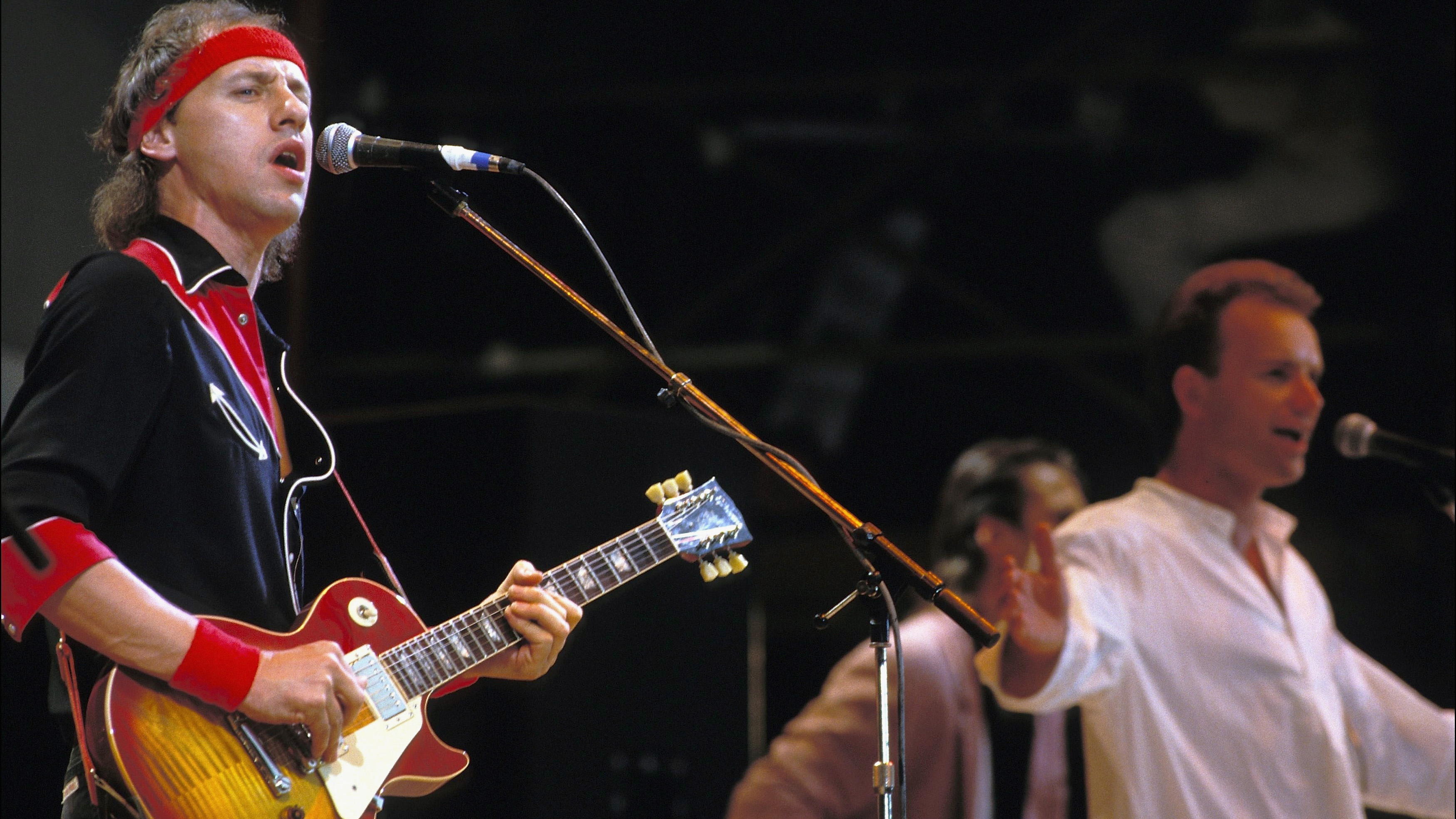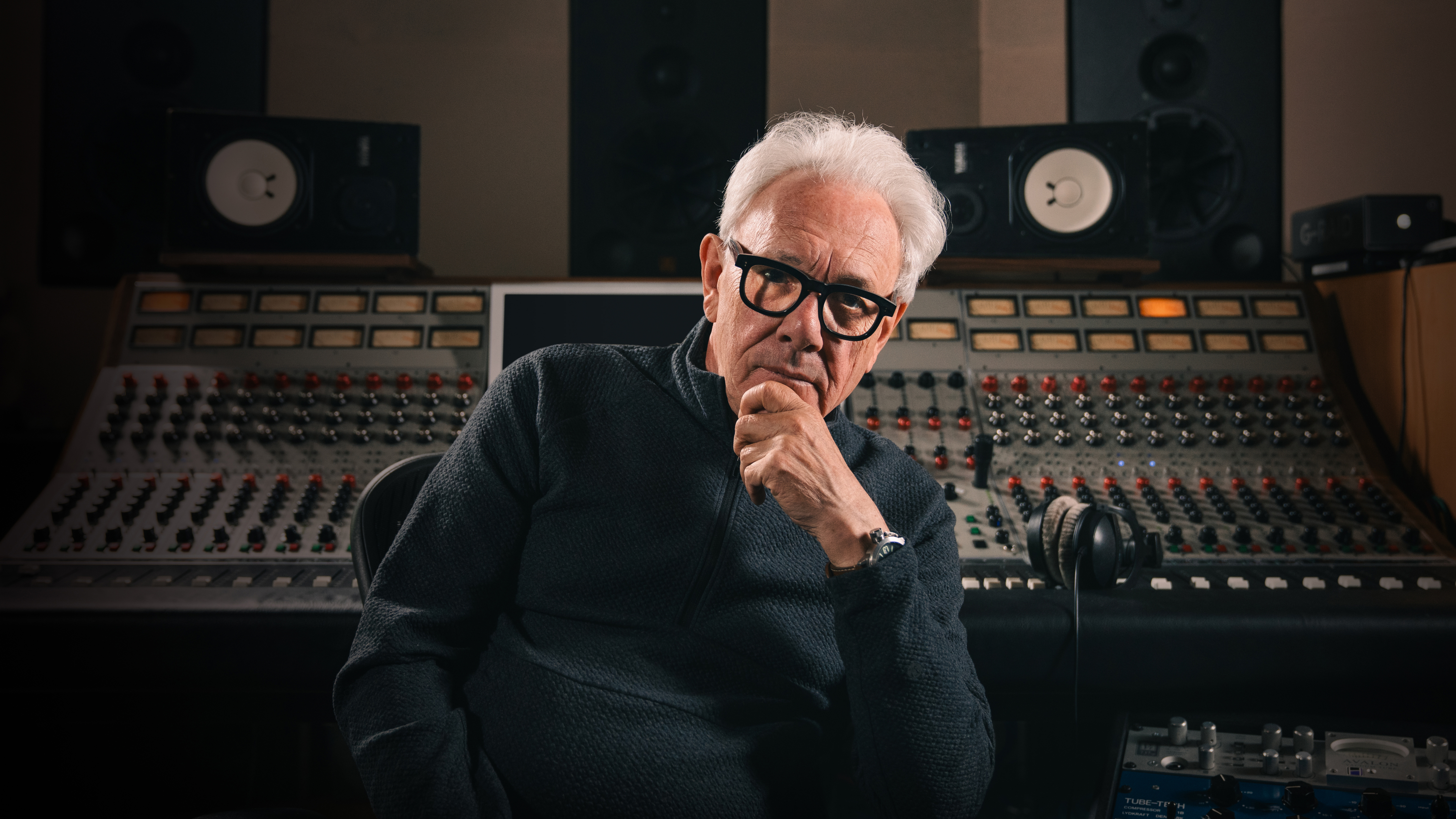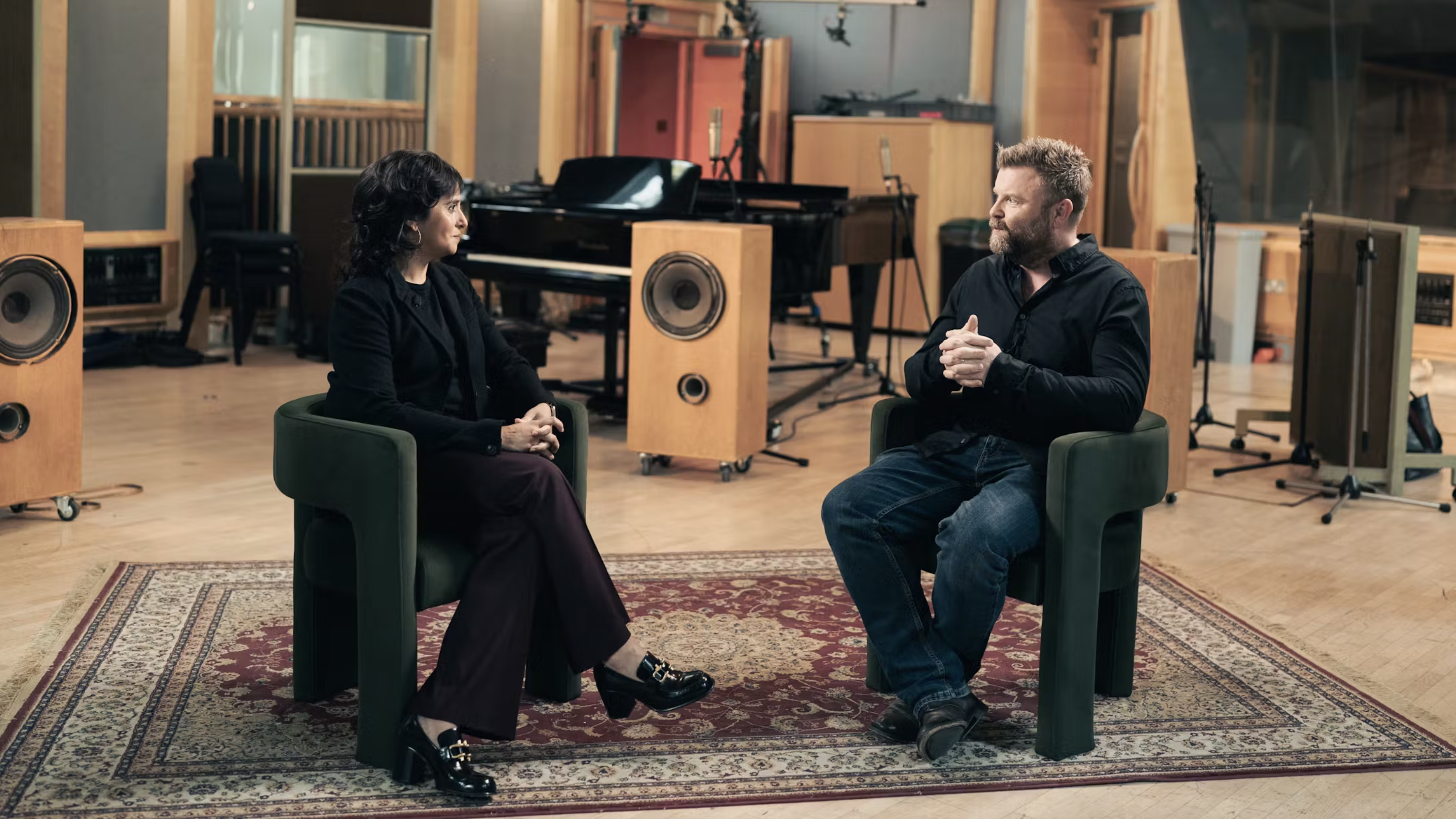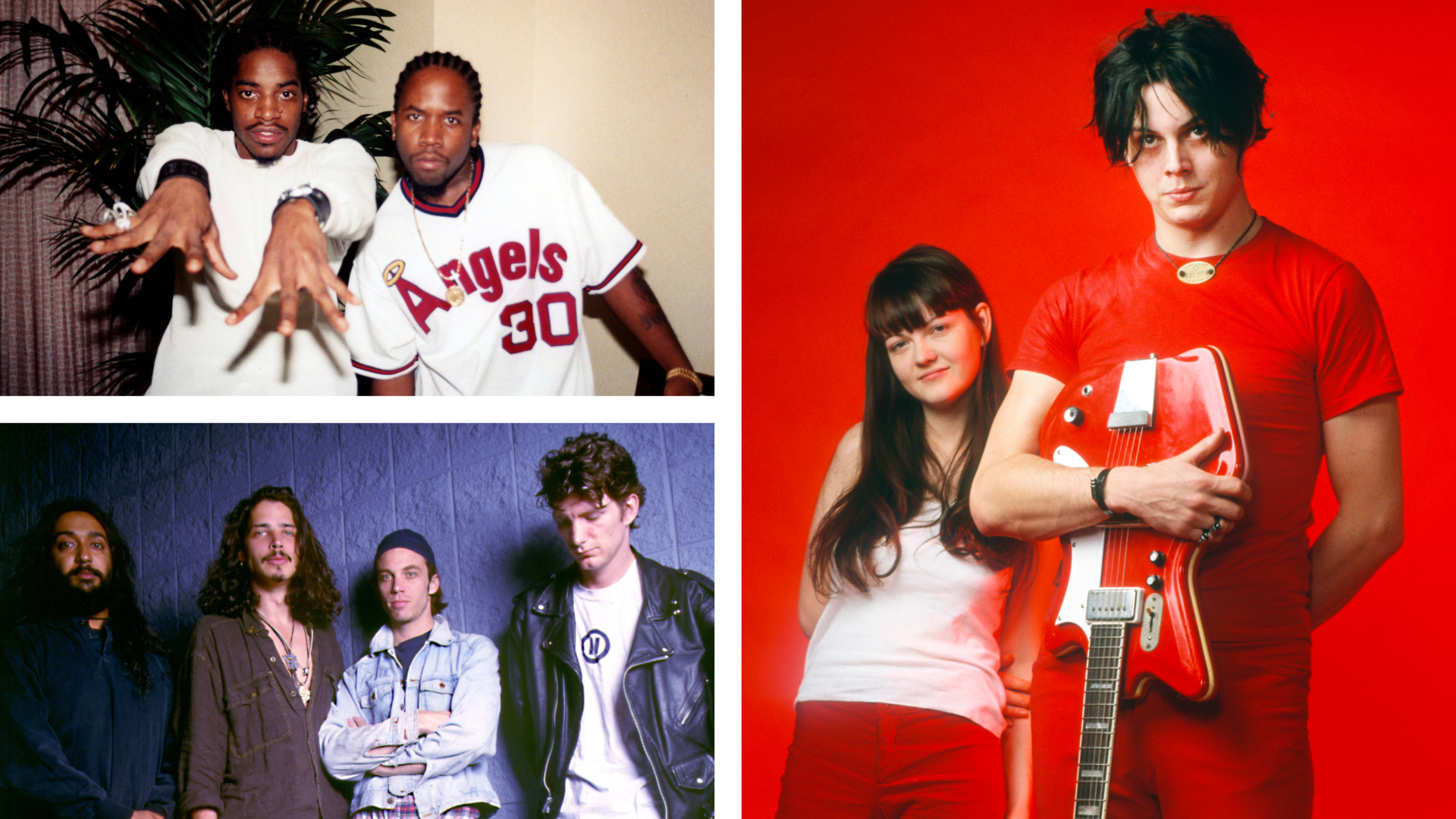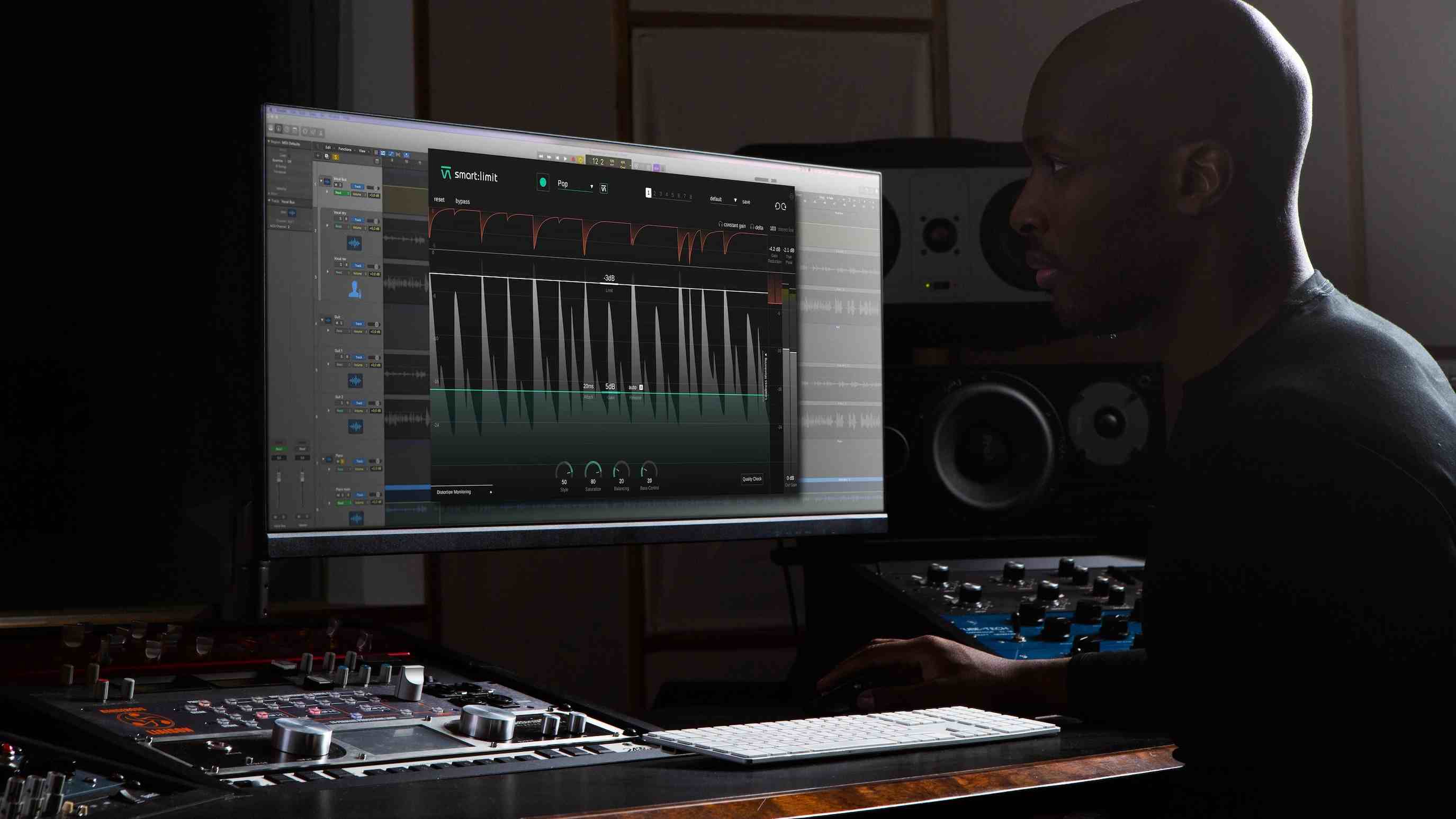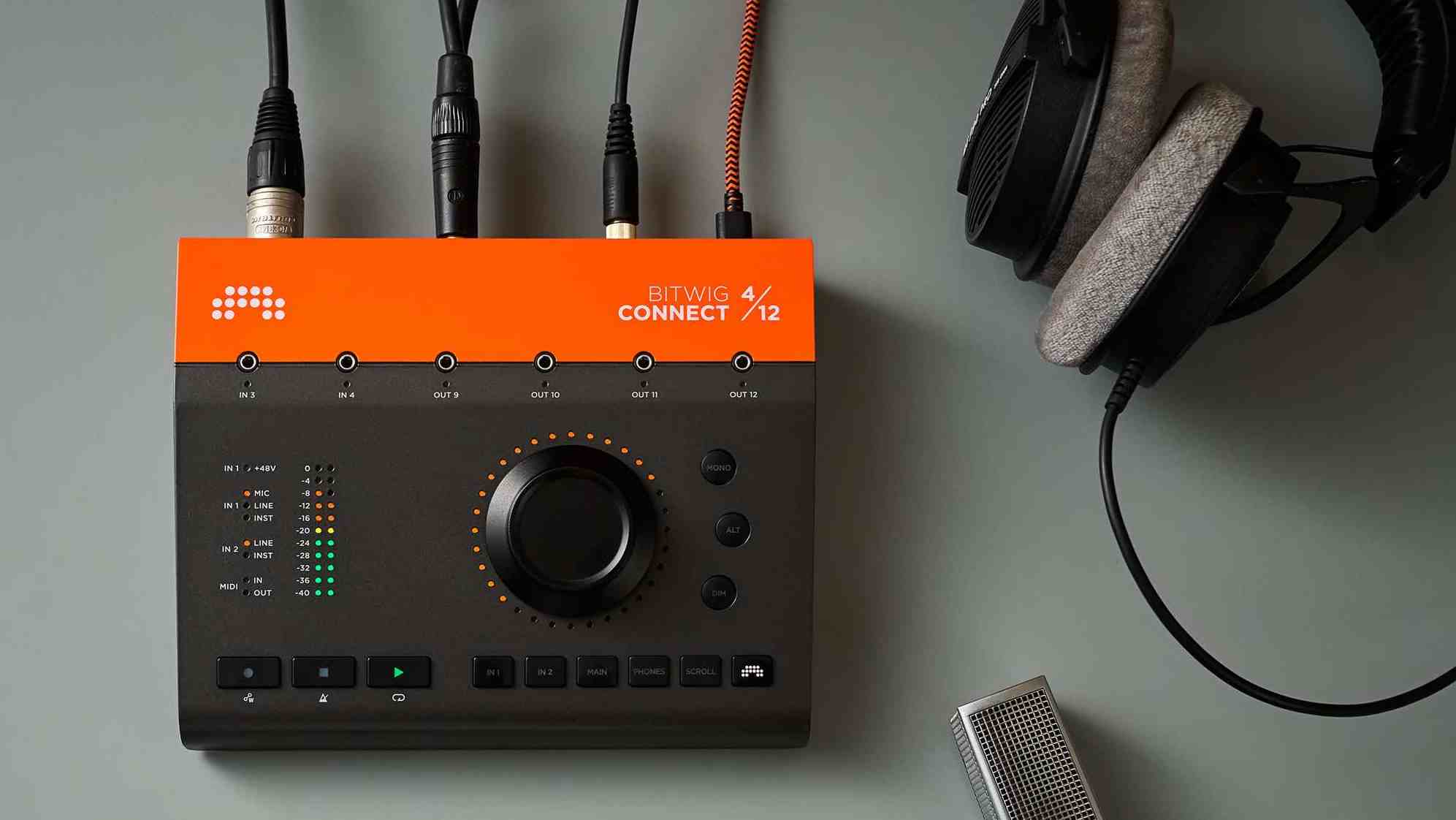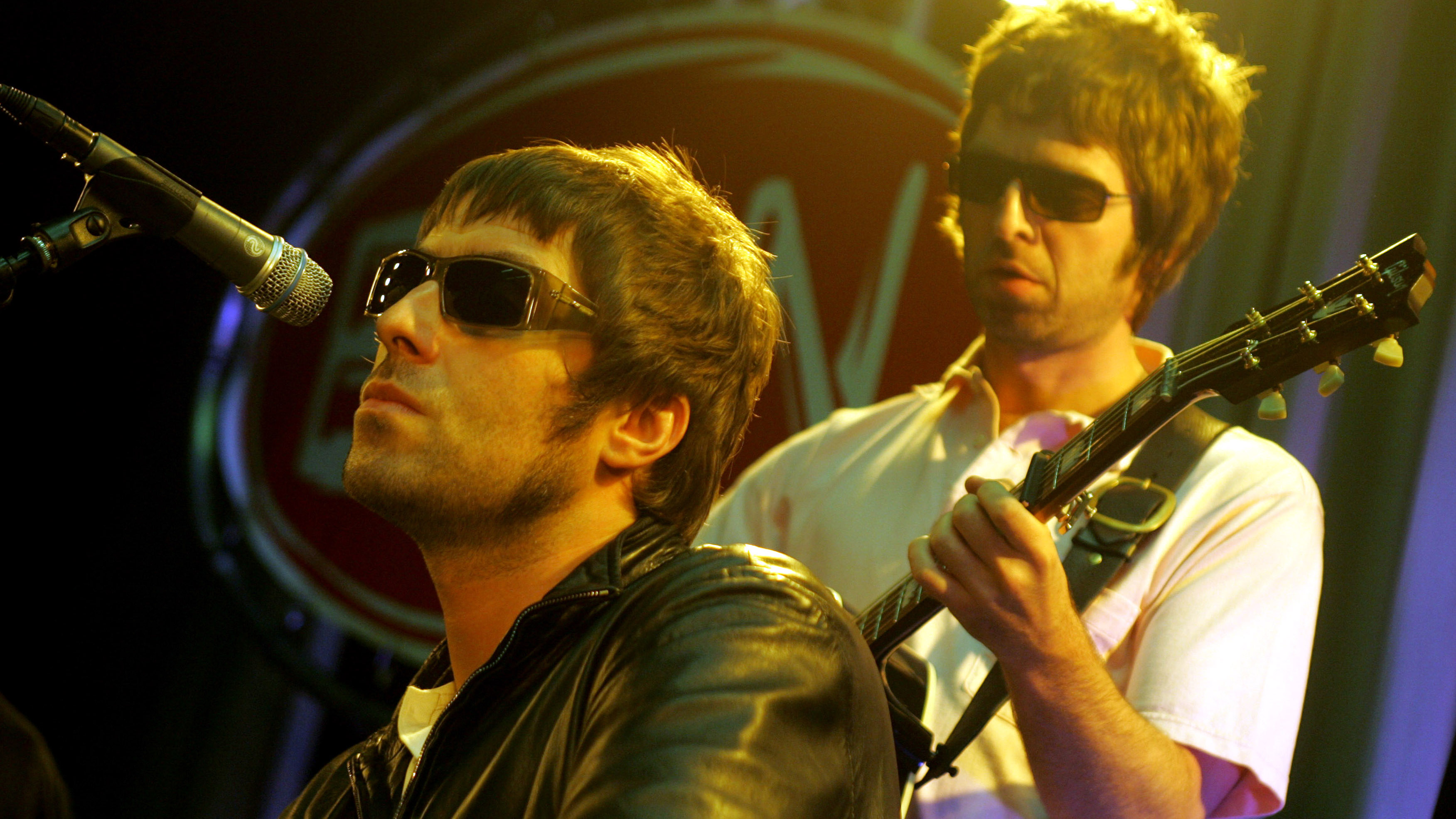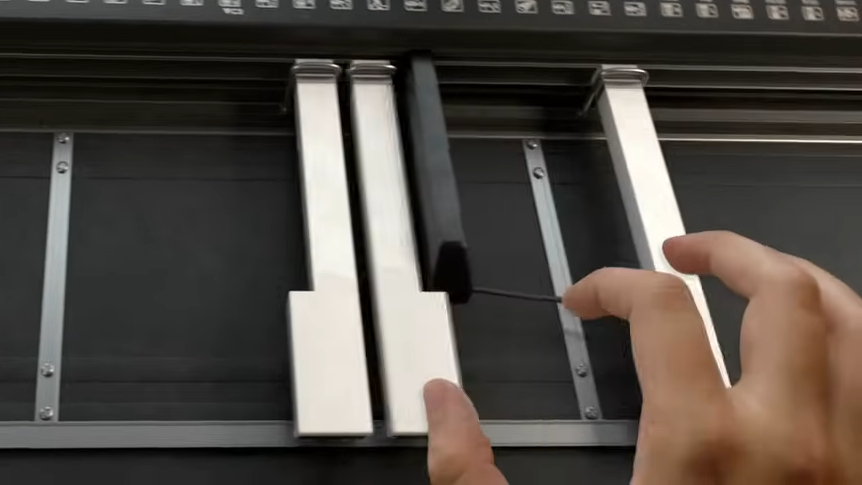Scott Asheton's final Rhythm interview
2010 interview printed in full
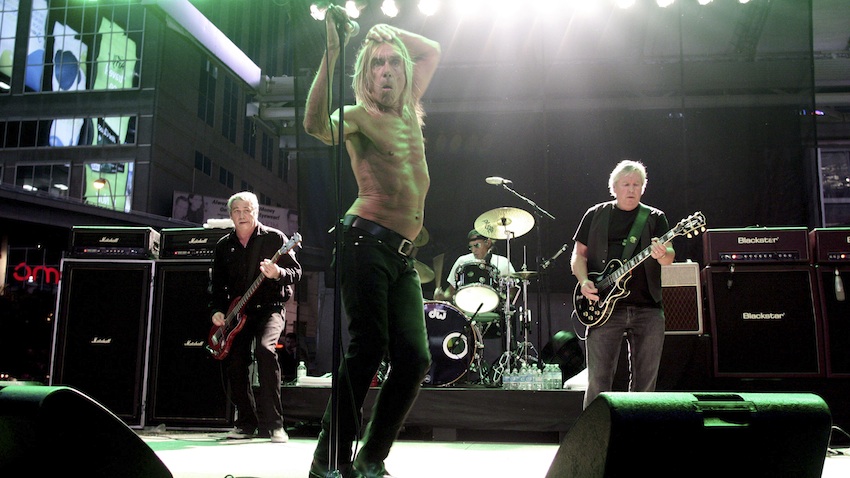
Scott Asheton RIP
On 15 March Stooges drummer Scott Asheton passed away aged 64.
Asheton co-founded The Stooges back in 1967 and was a pivotal part in the band’s rise which saw them become the ultimate US punk rock pioneers.
In honour of Asheton we have re-published his last interview with Rhythm (from July 2010) here in full.
What inspired you to first pick up sticks?
“It was at school, for the school band. The teachers would look over the class and decide what everyone would play. The overweight guys would play the big horns, and the athletic guys would get the drums. At some stage, I wanted to switch to guitar but my mom wouldn’t let me. She said, ‘You chose, you picked the drums, now stick with it.’”
What were you listening to as a youth?
“The first record I ever bought was an Elvis record, ‘Teddy Bear’. Once I got a radio, I started to figure out that there was another world out there besides my backyard, riding bikes and going to school. I found a lot of interest in the radio. I continued to listen to the radio, and I still do.”
Were you in any bands before The Stooges?
“Me, my brother and Dave [Alexander] had a band before The Stooges started, and we called it The Dirty Shames. We didn’t get very far. We liked the idea of being in a band, we looked like we were in a band, and we’d all hang out together. It wasn’t until Iggy got involved that it actually became a real band.”
What were your first impressions on meeting Jim ‘Iggy Pop’ Osterberg?
“I was impressed by how many girls would just follow him. He only had to walk across campus, and there’d be five girls walking behind him, all giggling. Talk about a magnet.”
Early Stooges shows would feature the band playing ‘instruments’ made out of vacuum cleaners and the like. What were you hitting back then?
“My toms were timbales. I had 50-gallon oil drums for my bass drums, a regular snare and cymbals. It was the oil drums that set everything apart.”
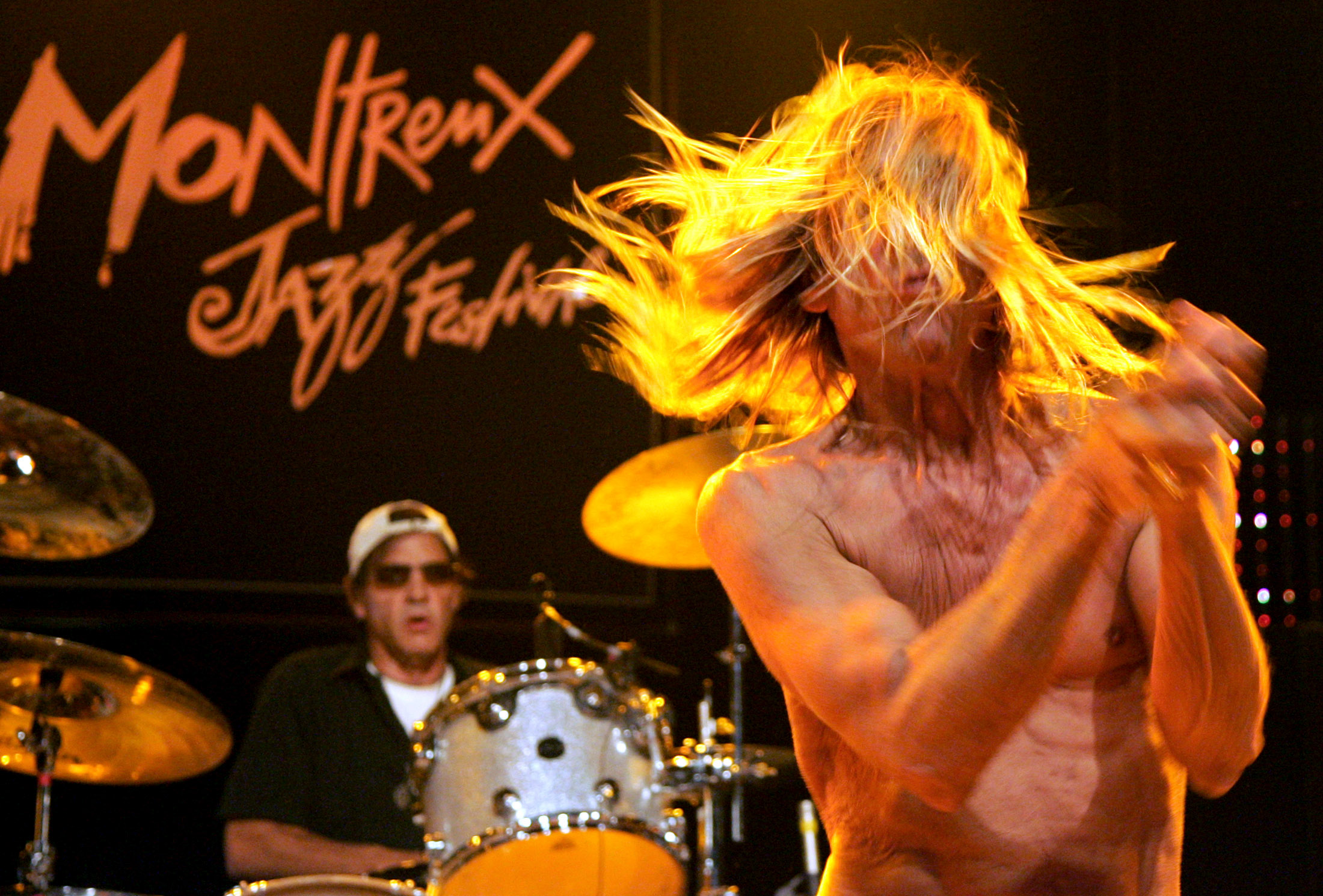
Early days
Did you enjoy the rhythm section partnership you forged with Dave Alexander?
“Definitely so. When the band first started out, we didn’t have a bassist playing. We had a Custom bass amp. We turned it all the way up, turned the reverb all the way up, lifted the head up off the cabinet and dropped it. It just made this terrific sound. Dave’s first job was picking up the amp head and dropping it on the cabinet to make that big sound.”
You’ve played with some great bass players, including your brother Ron, Dave Alexander and Mike Watt in The Stooges and Gary Rasmussen in Sonic’s Rendezvous Band. Who was the best?
“Ron’s my favourite bass player. Dave is really important to the band. It’s important that the drummer and the bass player get along. A lot of times, it’s what I mostly listen to. Except when Ron was playing guitar, then I listened mostly to his guitar playing. But everyone you mentioned is a good bass player.”
What are your memories of recording the first album?
“It was just so fast because, from the amp-crashing and 50-gallon oil drum days, we had to change the band overnight. We didn’t have songs; we just did whatever we wanted to. If we were doing that now, it would be interesting and cool but back then it wasn’t cool. The label gave us a week or two to figure out how to record. They told us we had to write some songs. We thought we had songs but they said our material would be too hard to record. So a lot of that first album was written at the Chelsea hotel, New York over two days before we went into the studio. A lot of the songs we recorded, we’d never played before. One in particular is ‘Real Cool Time’. We were going over it in the hotel room the night before and decided to try it. The very first time we ever played it, they said ‘Okay, that’s good. Next.’”
Do you think your drumming on Funhouse differs from the first record?
“As a drummer, I always get better. I’ll always be working on things. Most musicians are never really totally satisfied with what they can play. We’re always looking for something better, something to make it easier, or harder.”
You were dumped out of the band then asked back in for Raw Power. Was the recording of that album an odd experience for you and Ron?
“We were out, and then we were told that they couldn’t find anybody else. Then I think it kind of surfaced that they actually didn’t try anybody else. I got along fine with James Williamson back then. The reason any problems happened in the first place was that he had a girlfriend whose mother was a lawyer, and he had her draw up a contract saying that himself and Jim were the leaders of the band. We found that kind of hard to believe. This was something that me and my brother had worked at for years. It was more our band than it was James’s. We were going to be put in a side-man position in our own band.
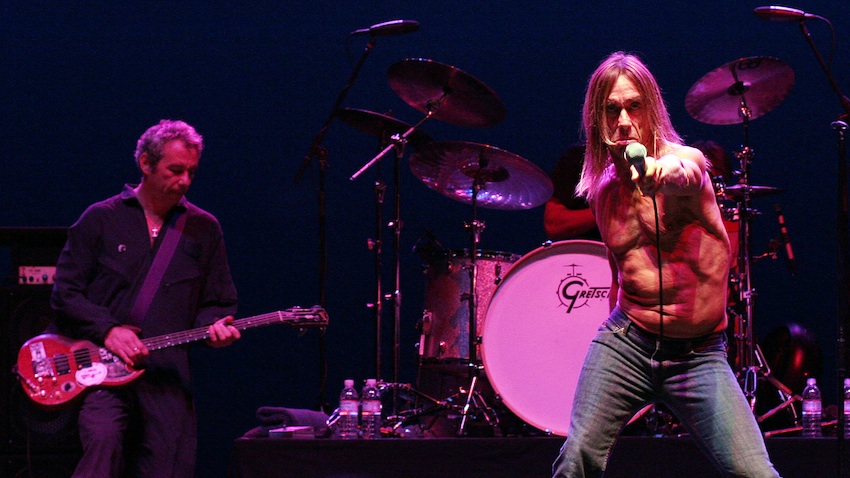
Back with The Stooges
Is there a difference between The Stooges and Iggy And The Stooges?
“Yes. He started playing material that me and Ron weren’t involved with. By then, he was just Iggy Pop. It’s still Iggy And The Stooges, but I think the band name’s just used for the draw now. To me, there is no Stooges. It just doesn’t seem right.”
Were you aware during the Raw Power era that the band wouldn’t last much longer?
“We were all young and, to me, being in England, living in England and recording that album, I was just having a great time. I didn’t think much about money, I didn’t think much about the future, it was all in the moment. We were just having a good time. It wasn’t until later that we could actually see the business end of the whole deal and I felt kinda slighted. We worked hard on that album. It took a long time. We rehearsed a lot, we practised a lot. There were a lot of songwriting sessions. We worked all night, every night.”
How was the experience of playing with MC5 guitarist Fred ‘Sonic’ Smith in Sonic’s Rendezvous Band?
“Playing with Fred, I found out real quick why they called him Sonic. He had a way of playing his guitar that just had this incredible energy that no other guitar player I ever played with had. I enjoyed it very much and we were getting really good. People were loving the band, and that’s when he met Patti [Smith] and the band fell apart. Patti started a family after that, and there was no more band. There would have been an album, but Patti came along at the wrong time.”
Are there any other between-Stooges projects that you’re proud of?
“Besides SRB, I’ve played with lots of musicians. I played with Deniz Tek from Radio Birdman, I played for years with Scott Morgan from the Rationals. Scott had a chance at a career when he was younger. Blood, Sweat & Tears wanted him to be the lead singer of their band but he turned them down for The Rationals. Of course, Blood, Sweat & Tears went on to be a worldwide-known band.”
You, Ron and Mike Watt (Minutemen and Firehose, now bassist in The Stooges) went on tour with J Mascis from Dinosaur Jr, playing Stooges songs, and it is that which led to the Stooges reunion, correct?
“In Jim’s own words, if we weren’t out there doing it and we weren’t getting the response that we were, he probably would have never wanted to do it. It was working and it was good. J is a good guy.”
Were you surprised at how well-received the Stooges reunion was at first?
“Jim was the one who had doubts. He said to my brother, ‘I don’t know if I can stand up there and sing these songs.’ Ron told him, ‘No, man – these are the songs that people want to hear. Believe me, it’s going to work’. It did, right from the very beginning. It was a really good run and I was really happy. Now, I’m not sure how much longer we can go on.”
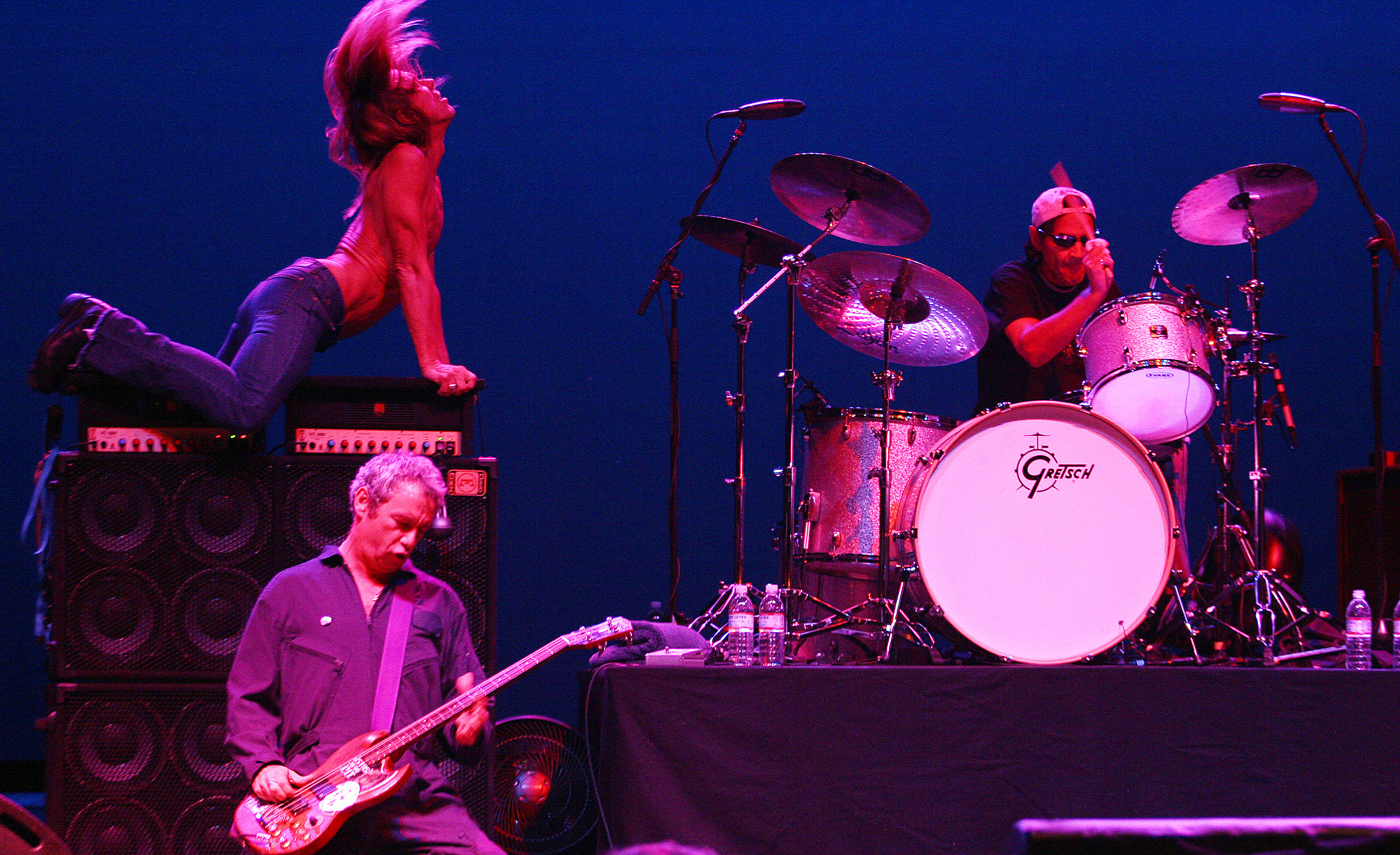
'I really miss playing with my brother'
The Stooges first got back in the studio to record three tracks for Iggy’s 2003 solo album Skull Ring. Did that feel like old times?
“No, things were different. That’s another story, though. We were called in to record a couple of songs for that album. We were in the studio in Miami, and we had a couple of ideas and just drew them down. The plan then was to come back in two weeks and record them. I got a call saying they were just going to take my practice material and release that. So the songs never had a chance to be worked out and played right, and from that day on, whenever I’m in a studio, I play everything like it’s the final take. I was just screwing around and searching for ideas. That’s what turned out to be released. That was weird.”
Are you happy with The Weirdness?
“I think it lacked enthusiasm and it didn’t have a feel that you could say ‘that’s The Stooges’. You might have to read the label and try to figure out who the band is. The idea was to make it more raw, more Stooges-sounding, but it didn’t get there.”
Has your approach to drumming changed since Raw Power?
“Oh yeah. My drumming has changed with every band I’ve been in. During the Sonic’s Rendezvous Band stage, I was hitting really hard. All other drummers were playing more of the tippy-tappy light style. They’d all tell me, ‘Why do you play so hard? You don’t have to hit the drums so hard.’ I was taking big chunks out of cymbals, I was crushing my bass drum pedals in half, and I just stuck with it. This is my style. I’m going to beat the s**t out the drums and hit as hard as I can. After a while, more drummers started playing the hard style. I still hit hard, but not hard enough to break the rim on the snare drum anymore.”
What would Ron think of The Stooges carrying on with James Williamson?
“Not much. He would probably not want to have anything to do with it. That bothers me. I try to get over it and not let it beat me up too much. I really miss playing with my brother.”
Zak Starkey is back in The Who. “I take responsibility for some of the confusion… Zak made a few mistakes and he has apologised”, says Pete Townshend
“I oversaw every element - not just the music and the lyrics and the melodies and the production, but also the merch and the fan clubs and everything”: Mike Portnoy talks about his years away from Dream Theater
Zak Starkey is back in The Who. “I take responsibility for some of the confusion… Zak made a few mistakes and he has apologised”, says Pete Townshend
“I oversaw every element - not just the music and the lyrics and the melodies and the production, but also the merch and the fan clubs and everything”: Mike Portnoy talks about his years away from Dream Theater
